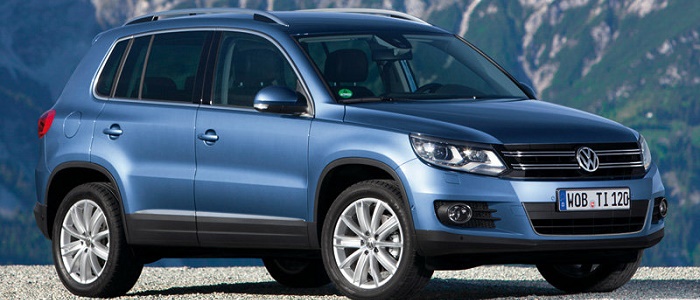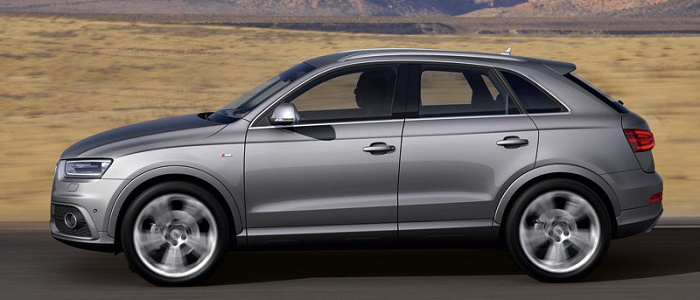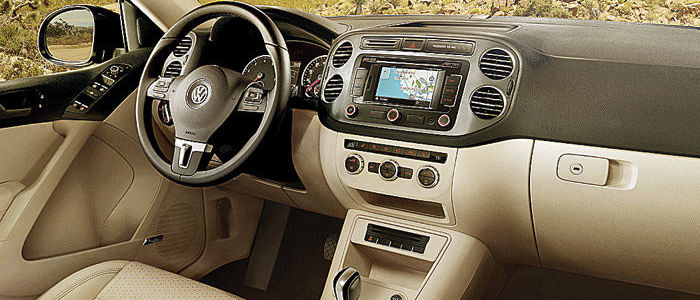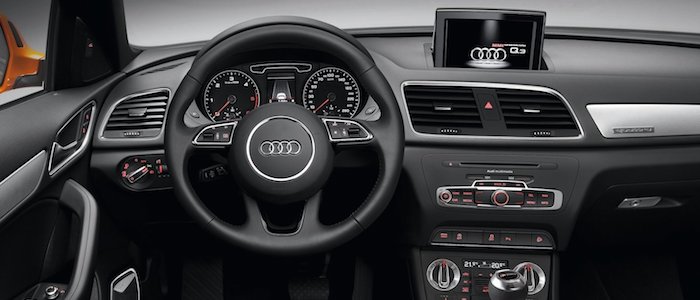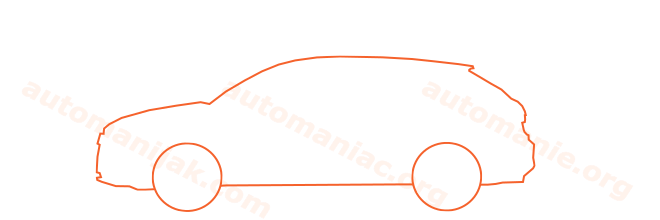Compare two cars
Compare any two cars and get our Virtual Adviser™ opinion
Dimensons & Outlines
Check a car with 30% off a report
Engine
Performance (manual gearbox)
Performance (automatic gearbox)
Expenses
Virtual Adviser's™ opinion
Two significantly similar cars, no doubt about that. Still, each one has something different to offer. Having both cars powered by petrol engines and utilizing the 5-door suv body style within the same 'SUV' segment, the only major difference here really is their wheel drive configuration (4 x 4 for the Volkswagen and front in the case of the Audi). Both the engines are Volkswagen-engineered . The first one has a 4-cylinder, 16-valves 160hp unit, while the other one gets its power and torque from a 4-cylinder, 16-valves 150hp one.
SafetyA starting point here would be to take a look at the results from European New Car Assessment Programme (Euro NCAP) tests which were performed on both of the cars, with the same number of safety stars gained in the process. Moving further on, let's take a closer look at some additional safety-related facts. Both vehicles belong to the suv segment, which is generally a very good thing safety-wise, but it doesn't do much to help us decide between the two. Furthermore, if we'd like to consider vehicle mass in this context too, which we definitely should, Tiguan offers a considerable difference of 13% more metal.
ReliabilityI don't like generalizing things when it comes to reliability, although it does seem that Volkswagen does have a slight advantage, at least on all of the models level. That's the official data, while our visitors describe reliability of Volkswagen, as well as Audi, with the same average rating of 4.2 out of 5. Some independent research have also placed Tiguan as average reliability-wise, and Q3 is more or less at the same level.We should definitely mention that owners of cars with the same powertrain as Tiguan rank it on average as 4.8, while the one under the competitor's bonnet gets 4.5 out of 5.
Performance & Fuel economyBoth of the cars accelerate exactly the same, so we couldn't put one above the other. Car No. 2 is faster though, reaching top speed of 203 kilometers per hour, 5km/h more than the other car. When it comes to fuel economy the winner has to be Audi Q3, averaging around 5.9 liters of fuel per 100 kilometers (48 mpg), in combined cycle. We can't ignore that 29% difference compared to Tiguan.
Verdict
Volkswagen appears just a bit more reliable, although the difference is truly marginal. The most important thing when deciding between any two vehicles should always be safety, both passive and active. In my opinion, everything taken into account, Tiguan offers significantly better overall protection, taking the lead here. From there things take a different direction, with Audi offering somewhat better performance, just enough to call it quicker. To make things even better, it consumps less fuel! I believe that, when we take all into account, we have only one winner here - the Audi. Anyway, that's the most objective conclusion I could've came up with and it's based solely on the information found on this website. Aspects such as design, practicality, brand value and driving experience are there for you to measure them out. In case you have two minutes to spare I invite you to define your needs, desires and budget and see which car would be chosen by the virtual adviser™, among more than 12.000 different ones in our database.























